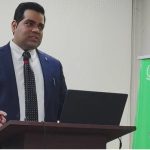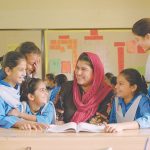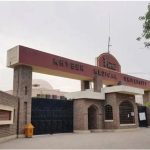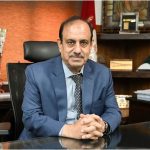LAHORE:The speakers at a seminar on “education policy reforms and changing political landscape” organised by Centre for Social Justice (CSJ) underlined the importance of education policy review and strengthening affirmative measures for rights to religious freedom, non-discrimination and equality guaranteed in Articles 20, 22(1) and 25 of the Constitution.
The executive director of the Centre for Social Justice, Peter Jacob, observed that the introduction of subject of “religious education” enabling minority students to study religions as a substitute to Islamiat was appreciable.
“However, an evaluation needs to be carried out to assess whether teaching religions should be compulsory. Secondly, an informed discussion is required on the question of how has the compulsory teaching of religion impacted the society in past 50 years, since this policy measure was taken,” he said.
Jalil Butt, a professor of sociology, said, “A regular population census is a common practice, throughout the world which is enabled by a thorough enumeration, analysis and consistent awareness campaigns. The transparency and credibility of a census data is incumbent on a participatory data collection and compilation. It is only then that the data extracted is useful to construct better policies and allocations for education, health etc.” Oneel Micheal remarked that it is a matter of grave concern that the population of religious minorities decreased from 3.73pc to 3.52pc (0.21% decrease) in 19 years between 1998 and 2017. He demanded that the Pakistan Bureau of Statistics (PBS) should consider holding a population census in 2023 with better preparation. The CSJ urged the PBS to involve civil society groups and media in observing the census activity in order to build confidence of people at large.







